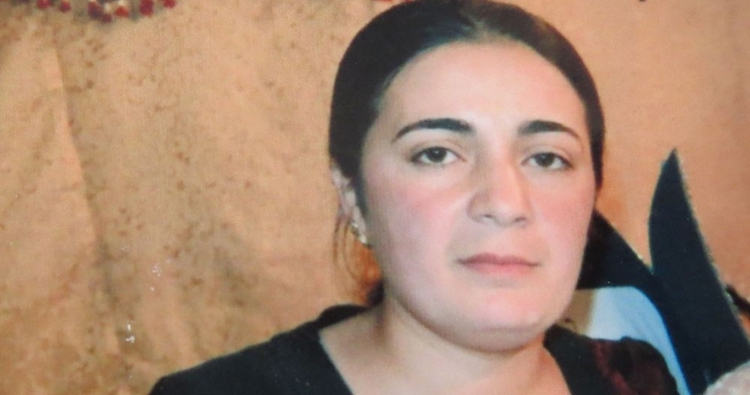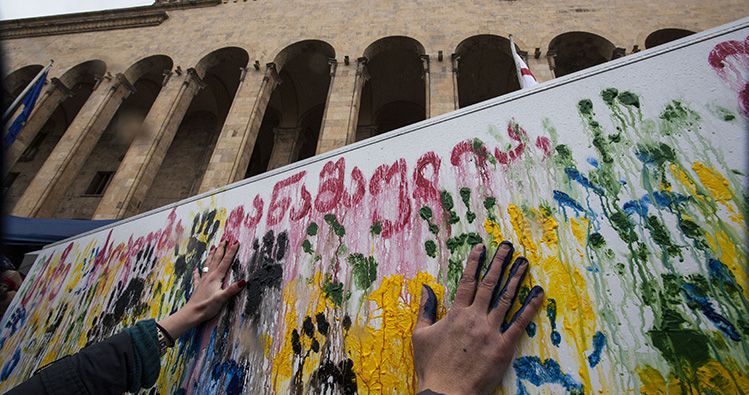UN: Georgia failed to investigate gender-based violence against woman who died following abuse

“Jeiranova was a victim of intersecting discrimination related to ethnicity and stereotypical attitudes of the police and judicial authorities,” CEDAW member Genoveva Tisheva said. Photo: Reginfo.ge.
The Committee on the Elimination of Discrimination against Women (CEDAW) has established that the Georgian authorities failed to investigate and prosecute gender and honour-based violence against Khanum Jeiranova who was found dead in September 2014 in Georgia's Sagarejo municipality following severe psychological and physical violence from her husband’s relatives.
Women’s rights organisation Sapari along with the Human Rights Centre (HRC) appealed to the CEDAW in September 2018.
Sapari has been demanding an effective investigation into the case of Jeiranova since 2014, stating that there was ‘double discrimination’ against the woman.
The complaint to CEDAW was filed by Jeiranova’s two children who were underage when their mother died.
 In 2014, 35 cases of female homicide were recorded, In following years this number has decreased, the Public Defender of Georgia reported. Photo: Nino Alavidze/Agenda.ge.
In 2014, 35 cases of female homicide were recorded, In following years this number has decreased, the Public Defender of Georgia reported. Photo: Nino Alavidze/Agenda.ge.
Jeiranova was an ethnic Azerbaijani and a Georgian national who was accused of having an affair by her husband’s relatives after which she was dragged through the village and beaten till the loss of consciousness.
The Georgian Chief Prosecutor's Office was investigating the case under the article of leading to suicide and no investigation has been launched into the humiliating and inhuman treatment of Khanum Jeiranova, the HRC reported.
The mullahs who prepared Jeiranova’s body said that her clothes were covered in blood and that her body had been ‘beaten to a pulp,’ according to a witness statement,” the CEDAW says.
The committee found that Georgia ‘had failed to provide effective protection and had not taken all appropriate measures to eliminate discrimination against Jeiranova.’
Jeiranova was a victim of intersecting discrimination related to ethnicity and stereotypical attitudes of the police and judicial authorities,” CEDAW member Genoveva Tisheva said.
The CEDAW urges Georgia to conduct ‘thorough and independent investigation’ into the case and to ‘prosecute those responsible.’
It also demanded from the state to provide an ‘adequate compensation’ and an official apology to deceased woman’s children.
 Tweet
Tweet  Share
Share